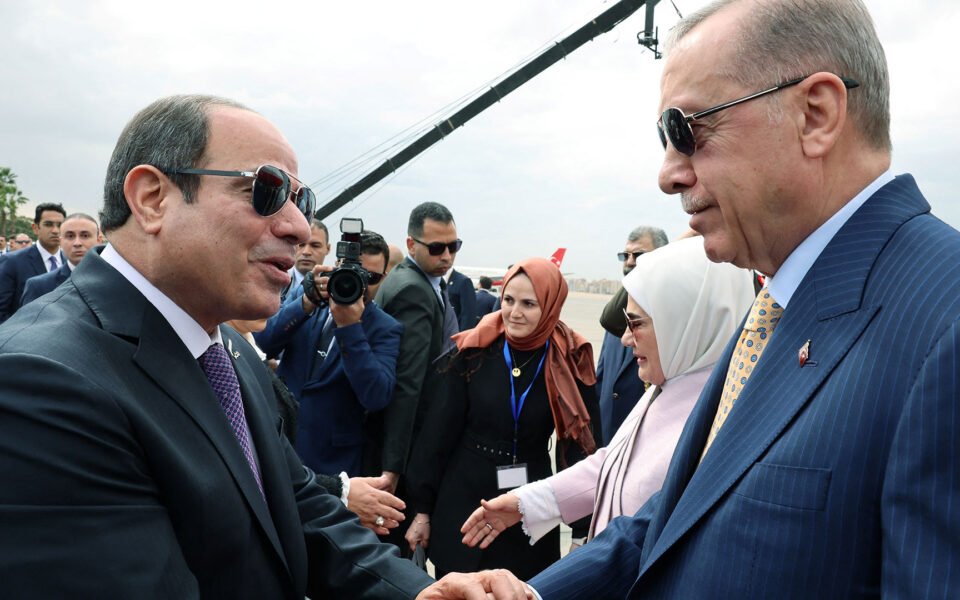The agreement for the supply of Turkish drones to Egypt is scheduled to be inked during Egyptian President Abdel Fattah al-Sisi’s visit to Ankara on September 4.
As part of al-Sisi’s first official visit to Turkey, the two countries’ highest level strategic cooperation council will meet to evaluate the prospects for growing bilateral commerce from $10 billion to $15 billion each year. The major subject on the agenda for talks between al-Sisi and his Turkish counterpart Recep Tayyip Erdogan will be the resolution of the Palestine-Israel dispute. Milliyet reports that the parties would also examine in depth the situation in the Eastern Mediterranean, Libya, and other regional matters.
Erdogan visited Egypt for the first time in 12 years in February 2024, as part of the normalization process. Following the ouster of Egyptian President Mohamed Morsi in 2013, both countries recalled their ambassadors. In March 2021, the Turkish Foreign Ministry declared that diplomatic relations with Egypt would resume. In July 2023, both countries officially reestablished diplomatic relations by naming ambassadors in Ankara and Cairo.
The upcoming agreement for the provision of Turkish drones to Egypt, which is expected to be finalized during Egyptian President Abdel Fattah al-Sisi’s visit to Ankara on September 4, represents a significant milestone in the evolving relationship between the two regional powers. The changing dynamics in the Middle East and North Africa (MENA) region are also underscored by this agreement, which also emphasizes the strengthening of relations between Turkey and Egypt.
The drone supply agreement is a symbol of the strengthening of this rekindled relationship, which is indicative of a more general trend of pragmatic diplomacy and reconciliation in the region. At a time when Egypt is progressively concentrating on the modernization of its armed forces, the agreement is anticipated to enhance the country’s military capabilities. Turkey is establishing itself as a significant supplier of military technology to regional powers as a result of its swiftly expanding defence industry.
At a time when the Middle East is undergoing broader geopolitical realignments, Turkey and Egypt are reevaluating their alliances and strategic priorities in response to the Abraham Accords, the shift in U.S. policies in the region, and the persistent influence of external powers like China and Russia. The power dynamics within the Arab League, where Egypt has traditionally held significant sway, could also be impacted by this reconciliation, particularly as Turkey has sought to expand its influence.



